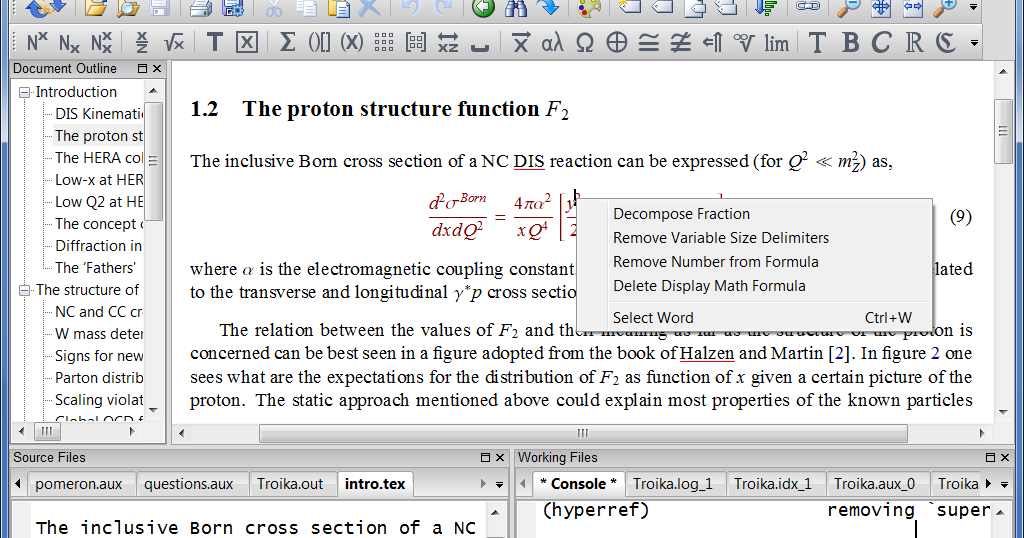


In addition, recipients have been known to frame their check as proof that they found a bug in TeX rather than cashing it. Knuth has lost relatively little money as there have been very few bugs claimed. The award per bug started at US$2.56 (one "hexadecimal dollar") and doubled every year until it was frozen at its current value of $327.68. Knuth offers monetary awards to people who find and report a bug in TeX. Knuth has kept a very detailed log of all the bugs he has corrected and changes he has made in the program since 1982 as of 2008, the list contains 427 entries, not including the version modification that should be done after his death as the final change in TeX. As a result, TeX has been ported to almost all operating systems, usually by using the web2c program to convert the source code into C instead of directly compiling the Pascal code. For example, TeX does all of its dynamic allocation itself from fixed-size arrays and uses only fixed-point arithmetic for its internal calculations. The original source code for the current TeX software is written in WEB, a mixture of documentation written in TeX and a Pascal subset in order to ensure portability.

It is also used for many other typesetting tasks, especially in the form of LaTeX, ConTeXt, and other macro packages. It has largely displaced Unix troff, the other favored formatting system, in many Unix installations which use both for different purposes. TeX is popular in academia, especially in mathematics, computer science, economics, engineering, linguistics, physics, statistics, and quantitative psychology.


 0 kommentar(er)
0 kommentar(er)
